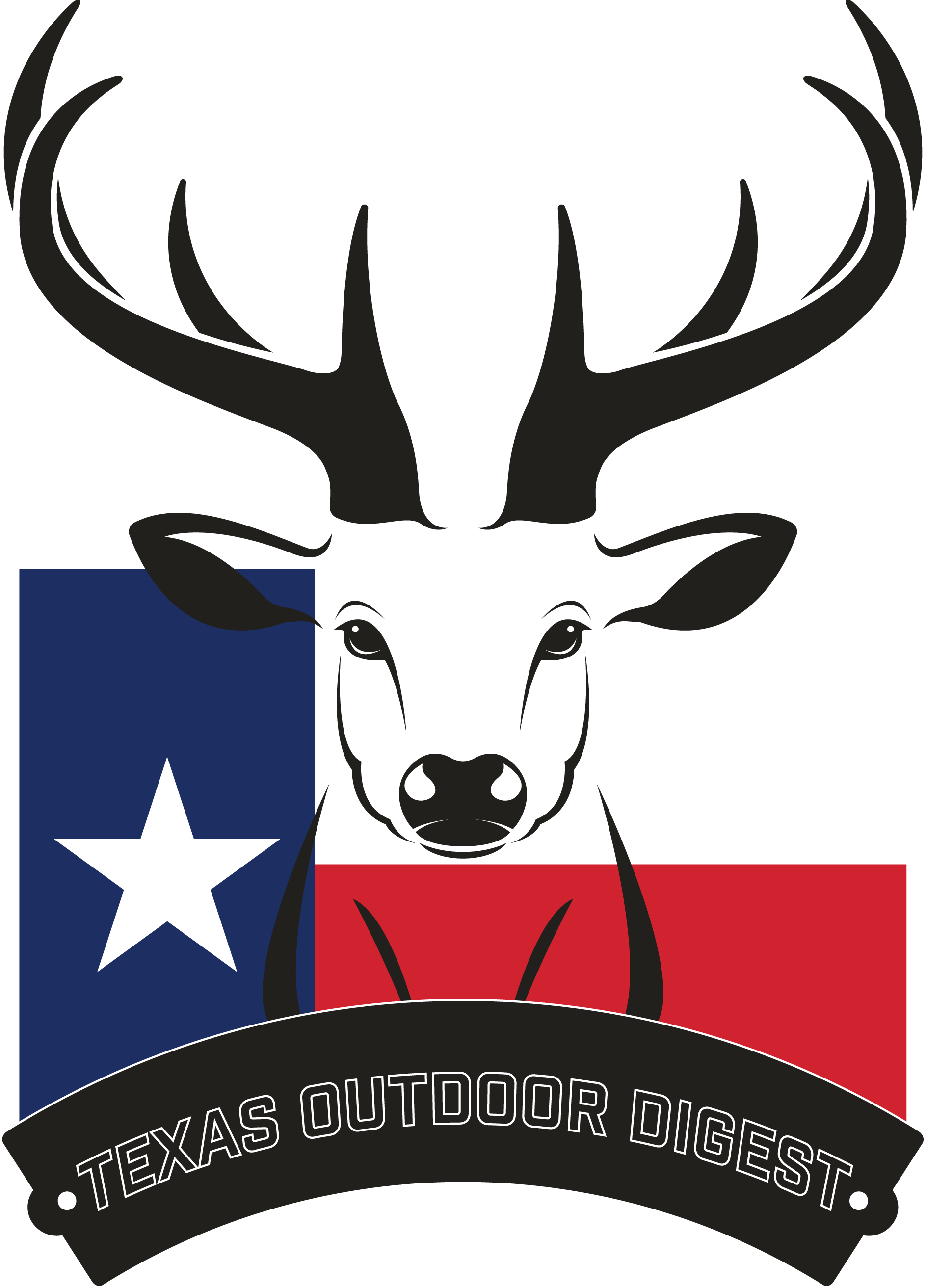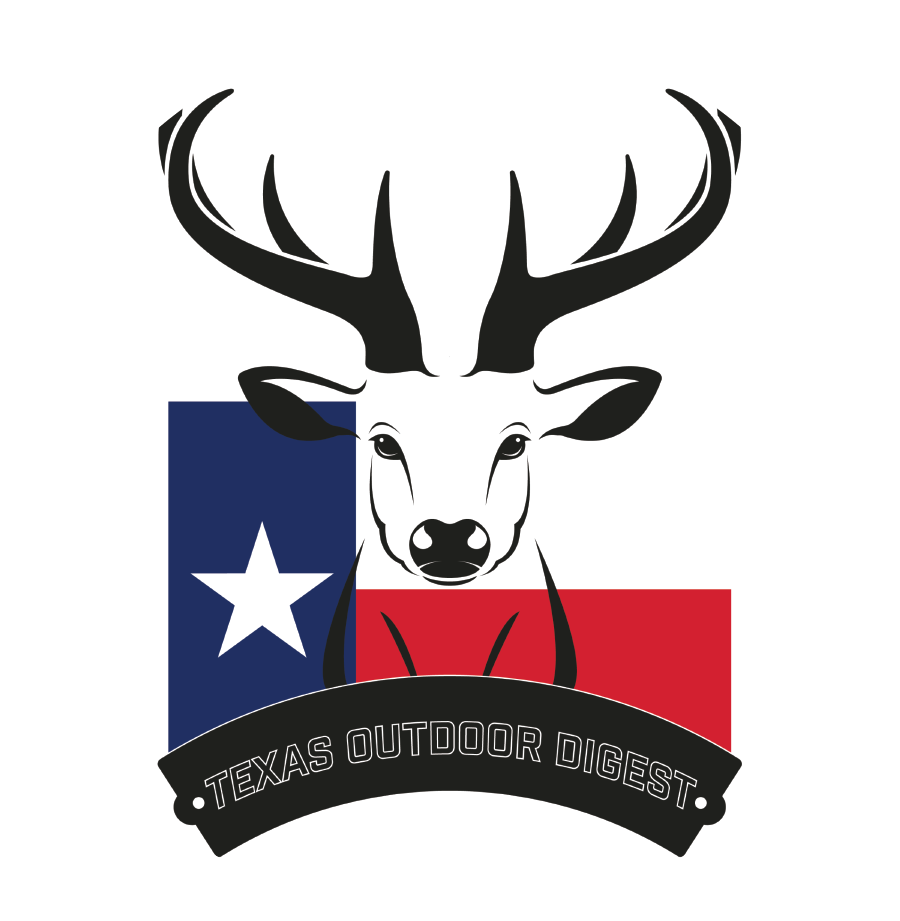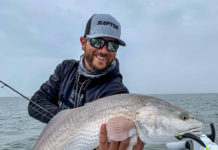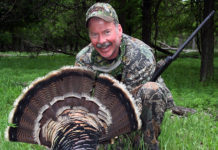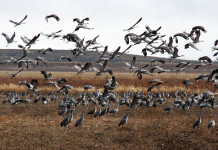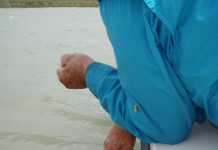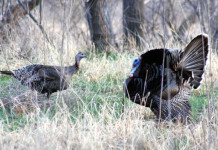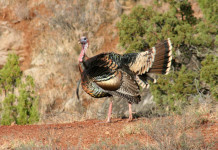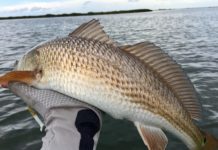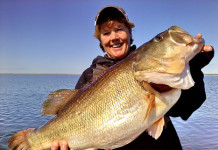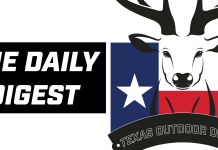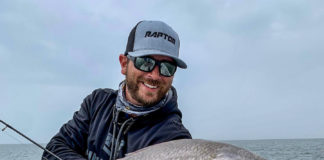The Daily Texas Outdoor Digest is sent to your inbox to keep you up to date about hunting, fishing, conservation and outdoors pursuits making headlines and going viral in the Lone Star State and beyond. It’s free, so subscribe today!
Here’s what’s worth reading today, Friday, August 28, 2020:
Texas fishing calendar: In September head to Aransas Bay for flounder
Trinity River alligator gar harvest authorization drawing opens Sept. 1
The Texas Parks and Wildlife Department will begin the annual Alligator Gar Harvest Authorization drawing application process on Sept. 1. This year’s opening date is a change from the Aug. 15 date that was in place when the drawing system was implemented last year.
From Sept. 1-30, anglers holding a license-year or year from purchase fishing license can enter the drawing for an opportunity to harvest one alligator gar over 48 inches from a section of the Trinity River using the My Texas Hunt Harvest mobile app or online. Anglers can choose to apply as an individual or as part of a small group. Winners of the random drawing will be notified by Oct. 15. Harvest authorizations will be valid from the date issued through Aug. 31, 2021.
Anglers can use any legal means or method to take an alligator gar over 48 inches day or night from a section of the Trinity River from the I-30 bridge in Dallas downstream to the I-10 bridge in Chambers County, including Lake Livingston and the East Fork of the Trinity River upstream to the dam at Lake Ray Hubbard. This includes the following counties: Anderson, Chambers, Dallas, Ellis, Freestone, Henderson, Houston, Kaufman, Leon, Liberty, Madison, Navarro, Polk, San Jacinto, Trinity, and Walker.
“This segment of the Trinity River has become one of the most popular destinations in the world to catch a large alligator gar, but concerns were raised about the potential for overharvest and its risks to fishing quality,” said Craig Bonds, Inland Fisheries Director at the Texas Parks and Wildlife Department. “With this drawing system, which was implemented last year, we are able to give 150 anglers the opportunity to harvest the fish of a lifetime while also meeting our management goal to conserve this unique resource for current and future generations of anglers.”
Pebble mine must now clear an unusually high hurdle before it can be developed, experts say
The U.S. Army Corps of Engineers on Monday left a narrow path toward construction of the proposed Pebble mine in Southwest Alaska, setting stricter requirements for its development than for other big projects in Alaska, according to people familiar with permitting laws.
Whether mine developer Pebble Limited Partnership can meet the requirement will determine whether the controversial project can be built.
Following statements from prominent supporters of President Donald Trump expressing opposition to the mine proposal, including Donald Trump Jr., the Trump administration this week announced Pebble can’t be permitted “as currently proposed” under the federal Clean Water Act.
The copper and gold prospect could be worth tens of billions of dollars over its life, but critics say its location in the Bristol Bay region poses a risk to the valuable salmon fishery there.
To earn its permit from the Corps, Pebble Limited now must show that it will compensate for wetlands the mine will destroy by protecting similar wetlands in the same area where the mine will be built, the Koktuli River watershed. The requirement was detailed in an Aug. 20 Army Corps letter to Pebble.
Four Mississippi men face years in prison over illegal turkey hunting
A federal grand jury charged four Mississippi men with illegally hunting turkeys. The four men: Kenneth Britt of Wesson, Tony Smith of Wesson, Barney Bairfield of Brookhaven and Dustin Treadway of Brookhaven, face federal charges after investigators say they traveled across the country and illegally hunted turkeys.
The four are accused of traveling to Kansas and Nebraska — states where they were not licensed to hunt — and leaving trophy spurs and beards of over 25 wild turkeys.
The legal limit for killing turkeys in Kansas is two per person. It is against federal laws to transport wildlife across state lines if killed against state law.
Britt also faces a felony of lying to a federal law enforcement officer, while Smith is accused of killing red-shouldered hawks, which is a violation of the Migratory Bird Treaty Act.
If guilty, Britt faces a total of seven years in prison and a $450,000 fine. Smith faces two and a half years in prison and a $215,000 fine. Bairfield faces three years in prison and a $300,000 fine, and Treadway faces a year in prison and a $100,000 fine.
5 of the best cartridges for hunting western big game
During the past couple decades shooting equipment, including rifles, optics, and ammunition, have evolved to take advantage of the, well, advantage, that laser rangefinders have brought to the field. Rifles are more accurate, scopes more capable, and ammunition more aerodynamic and precise.
I’ve been blessed to hunt extensively on the North American continent, from the wilds of Alaska to the border country of Arizona, and for mule deer, whitetails, elk, pronghorn, Coues deer, moose, and more. I’ve outfitted and guided for many years. After a quarter-century of adventuring, I’ve formed opinions on what cartridges work well for western big game.
In an effort to compare apples to apples I’ve provided typical velocity numbers from each cartridge, using Federal Premium’s excellent Terminal Ascent ammunition. This ammo is loaded with their highly aerodynamic Terminal Ascent bullets, is typically very accurate, and performs superbly on game at close or long-range.
Here are my top five picks.
Other Stuff That Might Tickle Your Fancy
Stay in the Know With The Daily Texas Outdoor Digest
If you haven’t subscribed yet, there’s no better time than right now (We hate spam and we won’t share your information with anyone. That’s just not cool):
